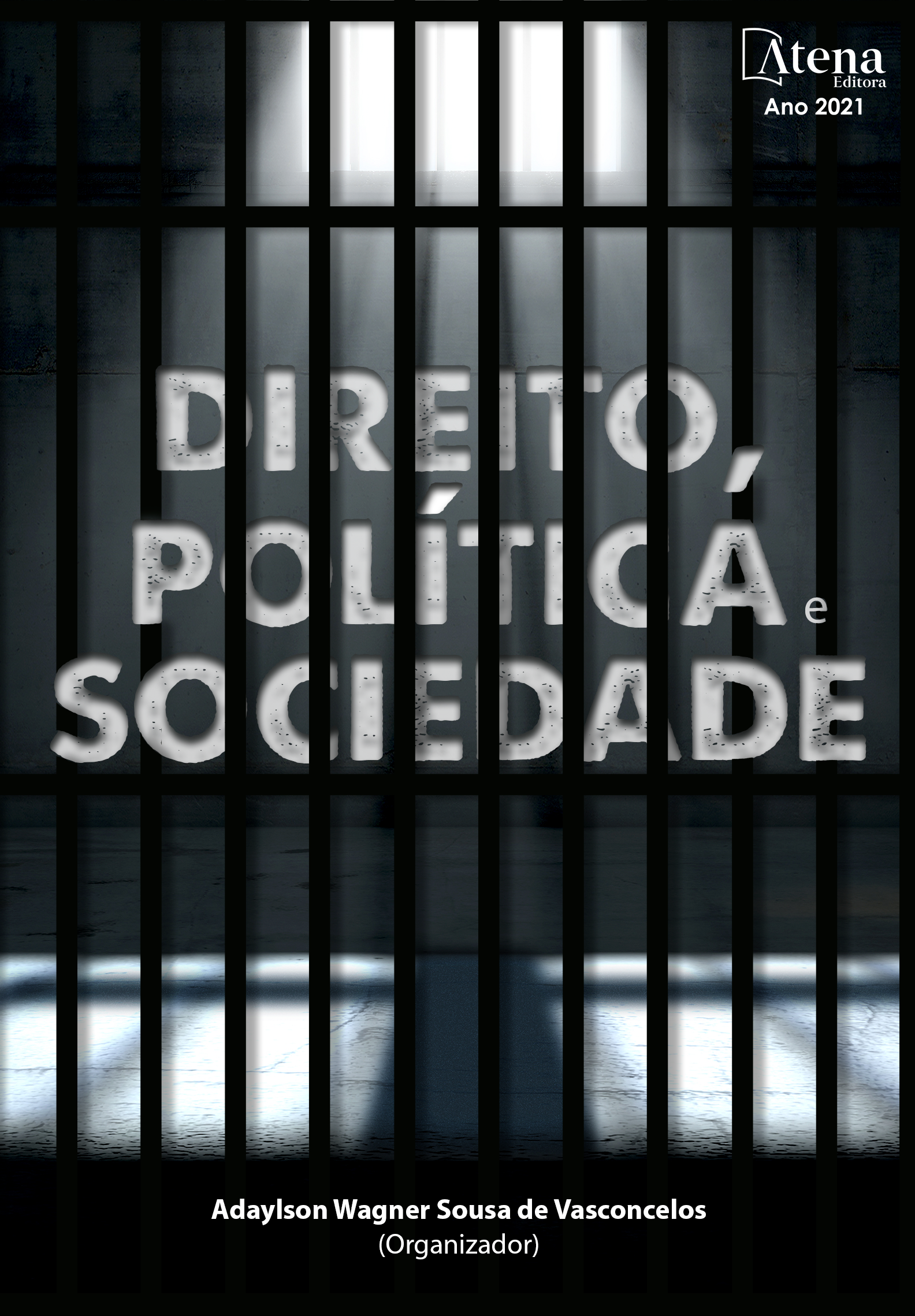
O SUPERENDIVIDAMENTO E O DIREITO À (DES)INFORMAÇÃO - UMA ANÁLISE DO PARCELAMENTO AUTOMÁTICO DO CARTÃO DE CRÉDITO FRENTE AO CDC
INTRODUÇÃO Vive-se na sociedade de consumo, onde a felicidade atrela-se à posse material (BAUMAN, 2008). Contudo, a estimulação ao consumo não acompanha-se da conscientização do consumidor, mas da diminuição da solvabilidade dos cidadãos, fomentando o superendividamento, atrelado à facilitação irresponsável do fornecimento de crédito pelas concessoras, que minora as chances de real adimplemento pelo consumidor. OBJETIVOS. Busca-se conceituar “superendividamento” como fenômeno da atualidade e, após, entender o uso do Código de Defesa do Consumidor, especificamente o direito à informação, para minorar tal situação, para, enfim, entender como o parcelamento automático se enquadra como fator de reiteração do superendividamento. PROBLEMÁTICA. O superendividamento é “...impossibilidade global de o devedor, pessoa física, consumidor, leigo e de boa fé, pagar todas as suas dívidas atuais e futuras de consumo...” (MARQUES, 2006), com fatos geradores diversos, relacionando-se com facilitação do acesso ao crédito, sem todas informações necessárias e a manutenção do estado de devedor. Ante a existência da relação consumerista, utiliza-se o CDC para dirimir tal quadro. Um dos meios de “manutenção” do crédito é o parcelamento automático do crédito em cartão. Tal situação é favorável à manutenção da “economia da dívida” (BERTONCELLO, 2015) e agride o princípio da informação (art. 6º, III, CDC), pois o consumidor não é informado de como esta progredirá, sem poder escolher a forma menos onerosa de quitação, perdurando o endividamento. METODOLOGIA. Esse artigo conta com revisão bibliográfica de artigos científicos, além de obras de cunho jurídico e filosófico sobre o tema, além de análise jurisprudencial do tema. RESULTADO. O superendividamento, agravado pela tentativa de democratização do crédito irregular, sem preocupações informativas, tem como agravante o parcelamento automático do crédito em cartão, que, desrespeitando o direito à informação, o superendividado não escolhe a forma de enfrentamento do débito, além de fomentar a falsa ilusão de poder de compra.
O SUPERENDIVIDAMENTO E O DIREITO À (DES)INFORMAÇÃO - UMA ANÁLISE DO PARCELAMENTO AUTOMÁTICO DO CARTÃO DE CRÉDITO FRENTE AO CDC
-
DOI: 10.22533/at.ed.55721061221
-
Palavras-chave: Superendividamento. Direito à informação. Parcelamento automático.
-
Keywords: Over-indebtedness. Right to information. Automatic installment.
-
Abstract:
INTRODUCTION We live in a consumer society, where happiness is linked to material possession (BAUMAN, 2008). However, the stimulation of consumption is not accompanied by consumer awareness, but by a reduction in the solvency of citizens, fostering over-indebtedness, linked to the irresponsible facilitation of the provision of credit by borrowers, which reduces the chances of real payment by the consumer. OBJECTIVE. The aim is to conceptualize “over-indebtedness” as a current phenomenon and, after, understand the use of the CDC, specifically the right to information, to alleviate this situation, to finally understand how automatic payment in installments fits as a reiteration factor of over-indebtedness. PROBLEM. Over-indebtedness is "...the global impossibility of the debtor, individual, consumer, lay person and in good faith, to pay all their current and future consumer debts..."(MARQUES, 2006), with several generating facts, relating to facilitate access to credit, without all the necessary information and maintenance of debtor status. In view of the existence of the consumerist relationship, the CDC is used to resolve this situation. One of the means of "maintenance" of credit is the automatic payment in installments of credit cards. This situation favors the maintenance of the “debt economy” (BERTONCELLO, 2015) and attacks the principle of information (art. 6, III, CDC), as the consumer is not informed of how it will progress, without being able to choose the least discharge, with the indebtedness continuing. METHODOLOGY. This article includes a bibliographic review of scientific articles, as well as legal and philosophical works on the subject, besides a jurisprudencial analisis. RESULT. Over-indebtedness, aggravated by the attempt to democratize irregular credit, without informational concerns, has as an aggravating factor the automatic payment in installments of credit on a card, which, disregarding the right to information, over-indebted persons do not choose how to deal with the debt, in addition to promoting false illusion of purchasing power.
-
Número de páginas: 12
- José Carlos Melo de Miranda
- Louise de Oliveira Chaves


